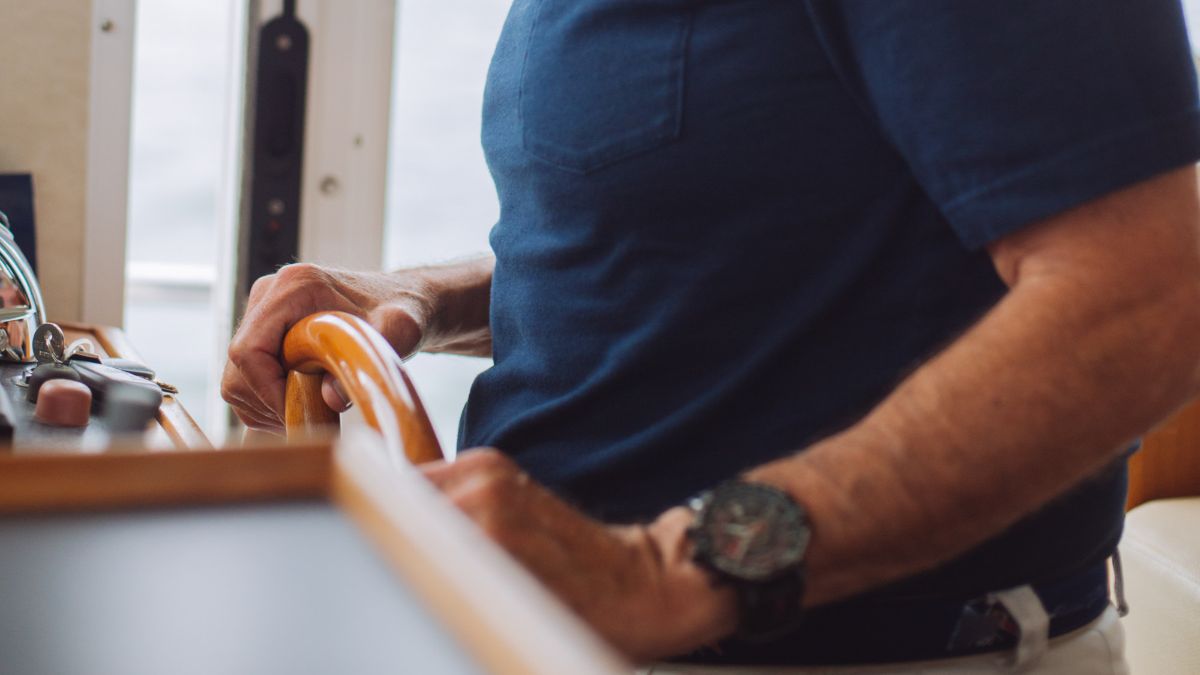Recruiting the right rotational Chief Officer for your yacht can be a challenging task.
Despite a candidate’s impressive resume and interview skills, they may not always turn out to be the right fit for your team.
One common problem is a lack of compatibility in managing the yacht and its crew. To minimise the risk of making a bad hire, it’s essential to ask the right questions during the recruitment process.
While every yacht is unique, certain core beliefs and values are essential for any Chief Officer to possess.
In this article, we will explore some of the questions that can help you identify the right candidate for your yacht. Keep reading for some valuable insights that can help you make a more informed hiring decision.
How do you manage your junior Officers and deck crew?
Junior Officers are a critical part of your yacht’s team, and their efficient management is essential for the vessel’s smooth operation.
However, to ensure that everyone is on the same page, it’s important that the rotational Chiefs share a similar approach to managing the department. A lack of alignment in management styles can lead to disagreements and conflicts onboard, causing disruptions to the yacht’s operations and guest/owner experience.
For instance, if you empower your Junior Officers to manage their department independently with minimal guidance, but the incoming Chief Officer is a micromanager, it can lead to problems. Therefore, it’s crucial to find a Chief Officer who shares your vision for managing the yacht and its crew.
By doing so, you can create a cohesive team that works together towards a common goal.
Follow up questions might be:
- How often do you communicate with your junior Officers?
- What level of decision-making/autonomy would you give them?
- Can you give an example of an issue you would let them manage and an issue you would get involved in?
- What have you found challenging, historically, relating to the management of your junior Officers and deck crew?
- What is your attitude towards letting junior Officers step up and cover you to gain experience?
QUICK TIP – ask your existing Captain to describe your style of management. It might give you some additional insight into how you do things and how it’s perceived by others.
What was the last substantial thing you changed onboard your last yacht and why did you do it?
This is a great question to provide insight into how your rotational counterpart operates. Nobody wants someone who comes onboard and starts changing things straight away. I could give dozens of examples of Chief Officers who have talked a good game about not changing things yet within their first few days, have thrown in a hand grenade.
Follow up questions might be:
- What was the process for changing this? You are looking for them to mention discussing it with the other Chief Officer and Captain(s).
- How long had you been onboard when you made this change?
- What would you have changed on your last yacht if you could?
- In your experience, what are the easiest changes to make operationally to improve the efficiency of a program?
If you need to recruit your rotational counterpart and want to access the best and most likely passive Chief Officers, then get in touch – tom@quaycrew.com





